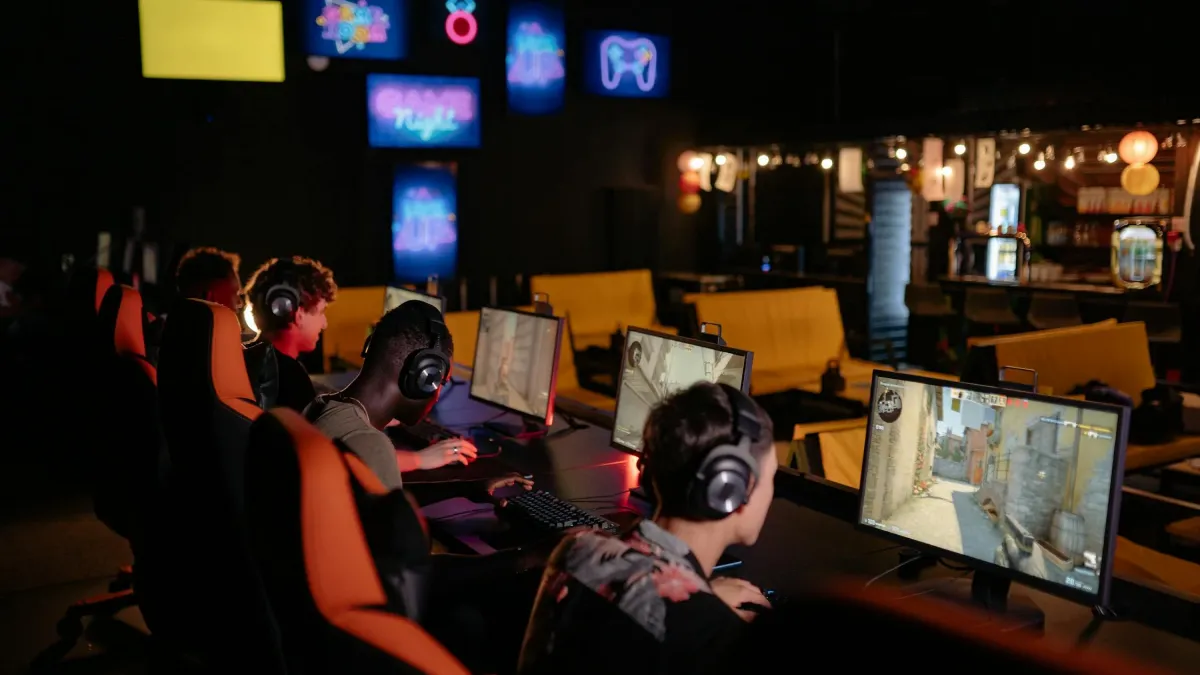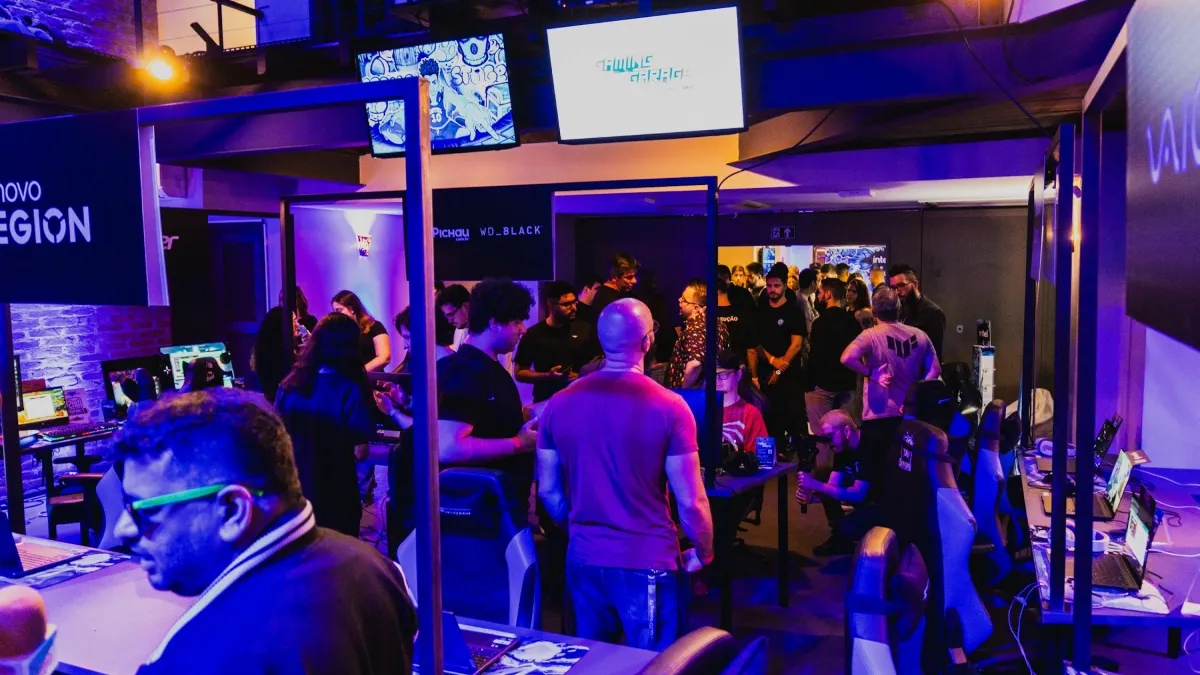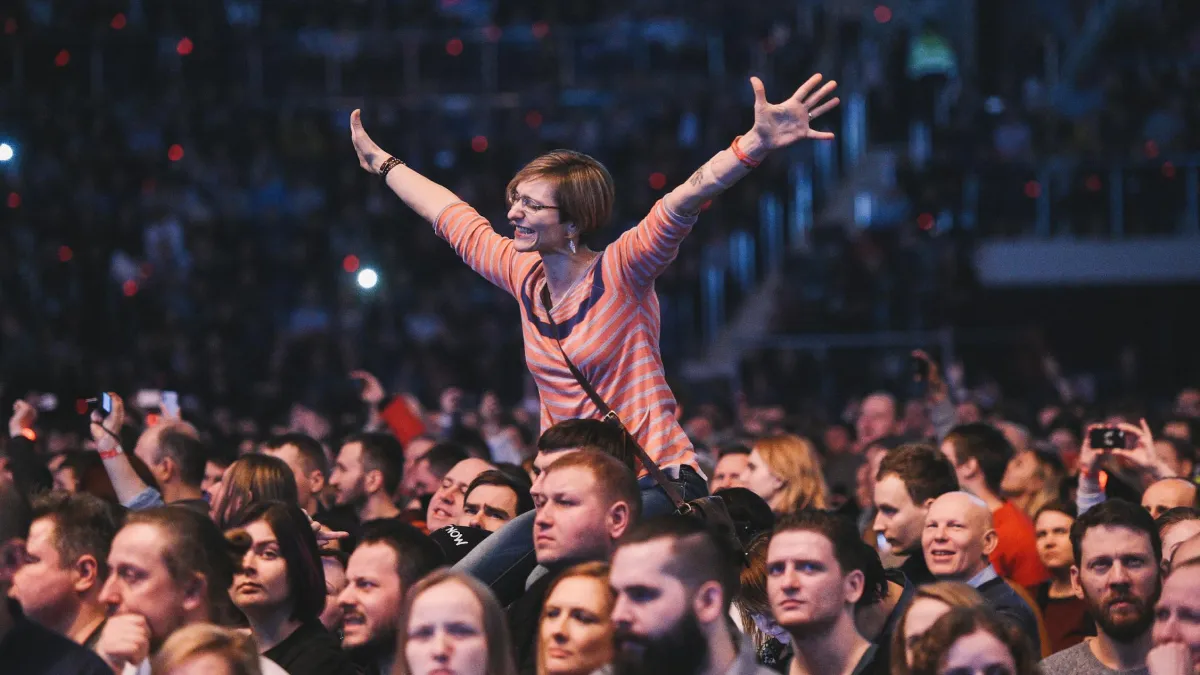Strategies for Managing Stress in Competitive Gaming

Esports is widely viewed as a high-octane world of high-stakes tournaments and epic victories that are streamed for millions of spectators. The mental health of the players, however, is a subject rarely discussed beyond the glitzy esports tournament telecasts and highlight reels. But their safety in competitive gaming can be crushing. So let’s discuss why we need to do a better job of taking care of players’ mental health.
The Intensity of the Game
Imagine: a player in the midst of an intense esports tournament on the brink of a major win. The heat is on like never before. The glare is blinding, the fate of the team hanging on their next move. Now add the constant tension of social media and fans disparaging every decision. Sounds like a nightmare, no? Such is life for esports pros as they learn to play under duress at big esports events.
The mental stress in competitive gaming is not simply mild anxiety. Real issues, like anxiety, burnout, and the crushing fear of failure. How many of you can remain calm for hours of gaming, while being under pressure? Not many, right?
Pressure and Performance
The esports competition calendar is not a joke. With long practice hours, grueling qualifiers and tournament cycles that never seem to end, it’s little wonder burnout is common. Players have to produce, and their self-worth can seem attached to their victories or defeats. Indeed, some teams actually offer mental health services, aware of just how critical it is for their players to maintain peak physical condition—but mental condition as well.
You can imagine training for several months, when a single error costs you the esports trophy. Yeah, that’s pressure! So how do those players deal with that? Yes indeed, and lots of esports teams are getting into the business of psychological support, helping players cope with the mental side of the game. Mental fitness is beginning to be viewed like physical fitness. Who knew, right?
Related
The Mental Health Ripple Effect

And it does not only affect the players. ESports live events or upcoming esports tournaments require hours of time, which challenges fans as well. When a favoured player or squad goes down, fans can feel soul crushed. The results of any esports event do not only affect the players in the competition but the entire fanbase.
In some ways, these events can lead to toxic communities that allow fans to expel negative energy onto players. Trust me, we have witnessed these trolling comments while streaming on game titles, right? Instead of rooting for the rivals, some fans add to the pressure.
Taking Action for Better Mental Health
So, what’s the solution? Mental health is becoming a bigger priority for more teams and organizations. Providing therapy sessions, mindfulness training, and healthier habits of gaming are great first steps.
Esports streaming initiatives are also introducing ways to educate fans around mental health and encourage fans to show their support of players positively. Because when players feel the backing of their fans, they are likely to deliver their best performance. What if we actually root for them like we would a friend who is at their first soccer game, cheer them on proudly and without judgment?
Wrap-Up
With global tournaments in esports on the rise, addressing mental health is becoming increasingly pertinent. Instead of simply competing for happiness with a series of victories and trophies, players, fans, and organizations must understand that their well-being is a vital element of the game. Be it in the form of enhanced support systems, emphasizing positive engagement or establishing realistic expectations, let’s work together to create a healthier world of esports for all.
Remember, it’s just a game… until it’s your mental health. And let’s start celebrating success with a well-balanced mind as much as with a trophy. GG, everyone!
FAQ
-
Mental health in esports is often overlooked due to the intense focus on physical skills, strategy, and performance during tournaments. Most attention is placed on achievements and statistics, while the psychological well-being of players takes a back seat. Esports is considered a high-pressure environment, but there’s a growing need for mental health conversations to match the attention given to physical health.



